Melasma usually appears as patches of hyperpigmentation on the face, most commonly on the cheeks, forehead, upper lip, and chin. The patches are typically symmetrical, meaning they occur on both sides of the face. The color of the patches can range from light brown to dark brown and can have an irregular shape. Melasma can affect people of all skin types and ethnicities, but it is more common in individuals with darker skin tones, particularly in those of Asian, Latin, and African descent. Women are more likely to develop melasma than men, and it often occurs during pregnancy or while taking hormonal medications. In fact during pregnancy it is called chloasma, which means mask of pregnancy.
Common Causes and Triggers for Melasma
1. Hormonal Changes
Pregnancy, oral contraceptive use, and hormone replacement therapy lead to melasma due to the influence of estrogen and progesterone.
2. Sun Exposure
Ultraviolet (UV) rays from the sun stimulate the production of melanin, which worsens melasma.
3. Genetics
A family history of melasma increases one’s susceptibility to the condition.
4. Cosmetic Products
Certain skincare products, especially those with fragrances or chemicals that irritate the skin, exacerbate melasma.
Insights on how to handle Melasma : From Dr. Sejal Saheta, Your Expert Dermatologist in Mumbai
1. Sun Protection is Key
One of the fundamental aspects stressed by dermatologists for melasma treatment in Mumbai is the importance of sun protection. Using a broad-spectrum sunscreen with an SPF of 30 or higher is crucial, even on overcast days. Additionally, it’s advisable to wear a wide-brimmed hat and sunglasses for added protection.
2. Using Topical Skin Lightening Agents
Topical skin lightening agents are commonly used to treat melasma. These topical agents should only be used under the supervision of a dermatologist, as they can cause skin irritation, redness, and peeling.
-
Hydroquinone
This is the most commonly used skin lightening agent for melasma. It works by inhibiting the production of melanin, the pigment responsible for skin color.
-
Kojic acid
This is a natural skin lightening agent that works by inhibiting the production of tyrosinase, the enzyme responsible for melanin production.
-
Azelaic acid
This is a dicarboxylic acid that works by reducing the activity of melanocytes, the cells that produce melanin.
-
Retinoids
These are vitamin A derivatives that work by increasing skin cell turnover and reducing the amount of melanin in the skin.
3. In clinic procedures that can help with Melasma
The advantage of going to an expert dermatologist in Mumbai is that they are often equipped with the latest and best equipment to deliver procedures which can drastically help with your skin concerns such as melasma. In addition to topical applications for Melasma, there are various in-clinic procedures that can help in controlling and treating melasma. These include:
-
Chemical Peels
A chemical peel is a skin resurfacing procedure that involves applying a chemical solution to the skin to exfoliate the outer layers of skin. This procedure can help to reduce the appearance of melasma by promoting the growth of new, healthy skin cells. In addition some chemical peels also work on reducing the melanin levels in the skin.
-
Microdermabrasion with Ionization
Microdermabrasion is a non-invasive procedure that uses a special device to gently exfoliate the outer layer of skin. This procedure can help to reduce the appearance of melasma by removing the top layer of dead skin cells. Having said this there is limited success in reducing pigmentation with microdermabrasion alone and hence it is combined with ionization or iontophoresis where a topical serum that can help reduce melanin levels like an antioxidant is delivered into the deeper layers of the skin with the aid of an ionization device.
-
Laser Therapy or Laser Skin Rejuvenation
Laser therapy involves using a gentle laser like a ND Yag laser to target and destroy the excess melanin in the skin. This procedure can help to reduce the appearance of melasma by removing the pigmented cells. Also lasers have undergone a substantial change over years and now a pico ND yag laser is used which can deliver higher amounts of targeted energy to the skin cells, which destroys the melanin but leaves any surrounding skin cells unharmed.
-
Fractional Laser Resurfacing with PRP
Fractional laser resurfacing is a procedure that uses a laser to create tiny holes in the skin. This stimulates the growth of new, healthy skin cells and blood vessels. Also this treatment is often accompanied by using a platelet rich plasma serum after the laser skin resurfacing. The PRP serum improves the rate at which skin cells rejuvenate and makes the procedure far more effective.
4. Tailored Treatment Plans
Personalized treatment plans are essential. Each individual’s skin type, melasma severity, and specific circumstances are unique. A one-size-fits-all approach may not yield the best results, so dermatologists often customize treatments accordingly.
5. Patient Education
Educating patients about melasma is a key aspect of treatment. When individuals understand the triggers and how to protect their skin, they are better equipped to manage and prevent melasma effectively.
6. Patience is Key
Melasma treatment requires patience. Improvement is a gradual process, and it may take several weeks or even months to notice significant changes. Consistency in following the treatment plan is crucial for success.
Choosing the Right Dermatologist in Mumbai for Melasma Treatment
Selecting a qualified and experienced dermatologist is essential when seeking melasma treatment in Mumbai. Look for professionals with a successful track record in managing this condition, as it ensures the best possible care.
Final Word
In conclusion, melasma is a common skin condition that impacts one’s self-esteem, but it is manageable with the right approach. Sun protection, personalized treatment plans, and expert guidance from dermatologists in Mumbai help individuals effectively address and reduce the appearance of melasma, restoring confidence and promoting healthier skin.Inurskn is your trusted partner for melasma treatment in Mumbai. Our expert dermatologists, led by Dr. Shalini Verma, offer personalized solutions that address melasma effectively. Regain your skin’s natural radiance and confidence with Inurskn, where your skin’s well-being is our utmost priority.
Disclaimer:
The objective of this article is to educate the reader and help them make wiser choices under the guidance of a trained dermatologist. It is not meant to be used by patients for self-diagnosis or for avoiding proper medical treatment. The images used in the above blog are only for visual representation purposes. Actual procedures and results may vary from patient to patient.
About Dr. Sejal Saheta and InUrSkn:
Built on more than a decade of experience of Dr. Sejal Saheta, we are an honest and affordable skin and hair care clinic in Powai, Mumbai. Our goal is to make each patient comfortable and happy with their appearance with the least amount of intervention.
Dr. Sejal Saheta has dual degrees of MD and DNB in dermatology and venereology and has worked alongside some of the senior-most doctors at the largest hospitals in Mumbai.
Located in Powai, InUrSkn is the largest skin and hair clinic in the central suburbs of Mumbai and offers the latest technology in the safety of world-class infrastructure.
We are happy to be a part of your journey to reach your health goals. If you think we have been able to help you, please do review us:
On Practo: https://prac.to/vkpj
On Google: https://goo.gl/zHfACo
How can Dr. Sejal and InUrSkn help?
No matter what your skin and hair needs, Dr Sejal Saheta ensures personal attention to each patient and creates customized and scientifically-backed treatment plans for each patient. Through her years of experience and use of technology at her clinic (InUrSkn – Skin and Hair Clinic) located in Powai, Mumbai, she has been able to consistently deliver great results in the field of dermatology and trichology to thousands of patients. All of the above is done with the best-in-class machines within the comfort and safety of world-class infrastructure.






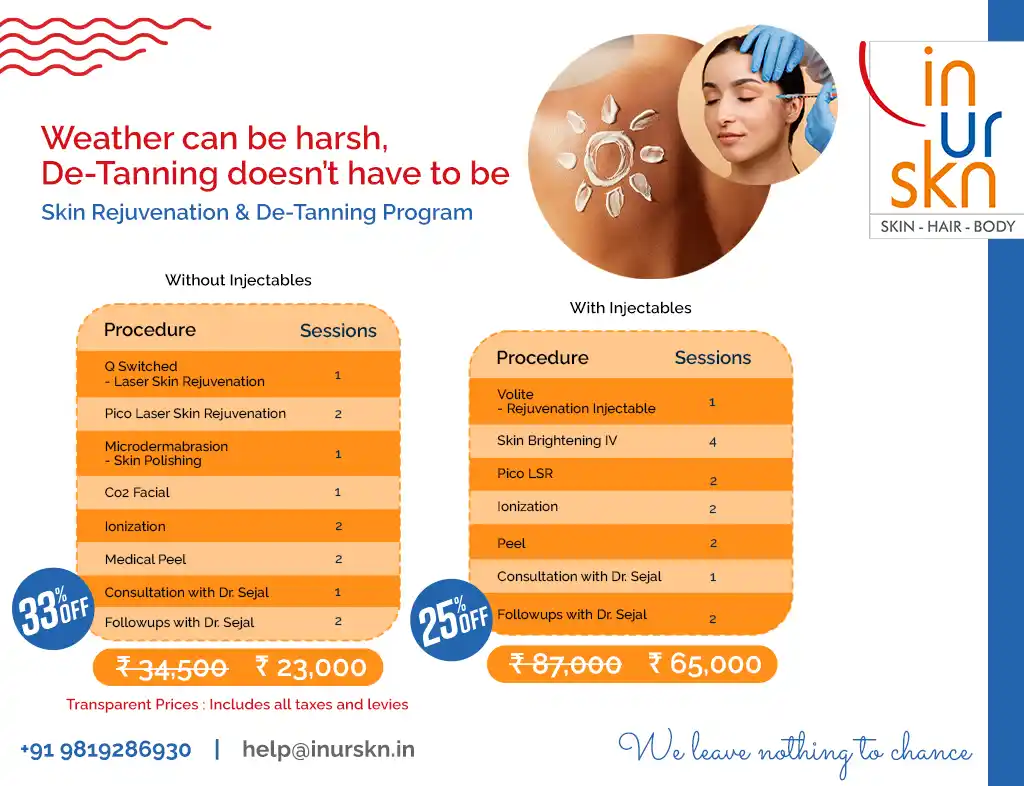














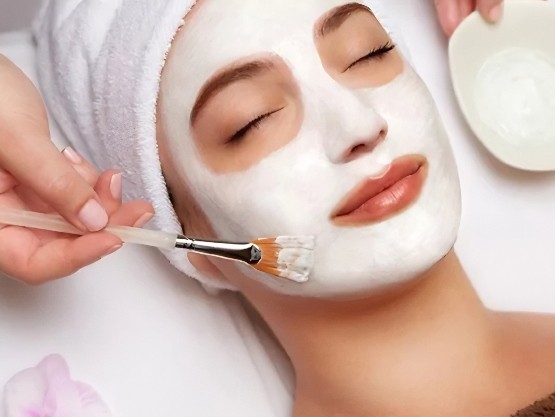
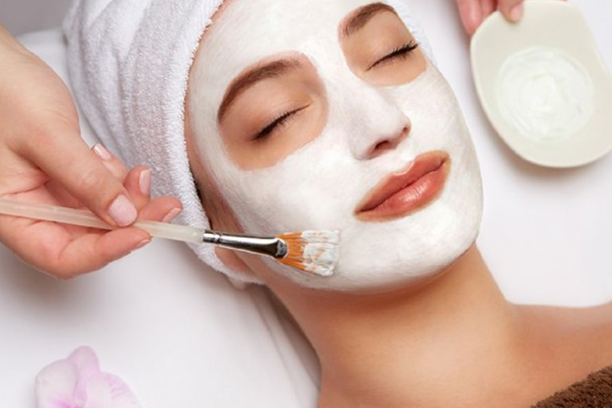



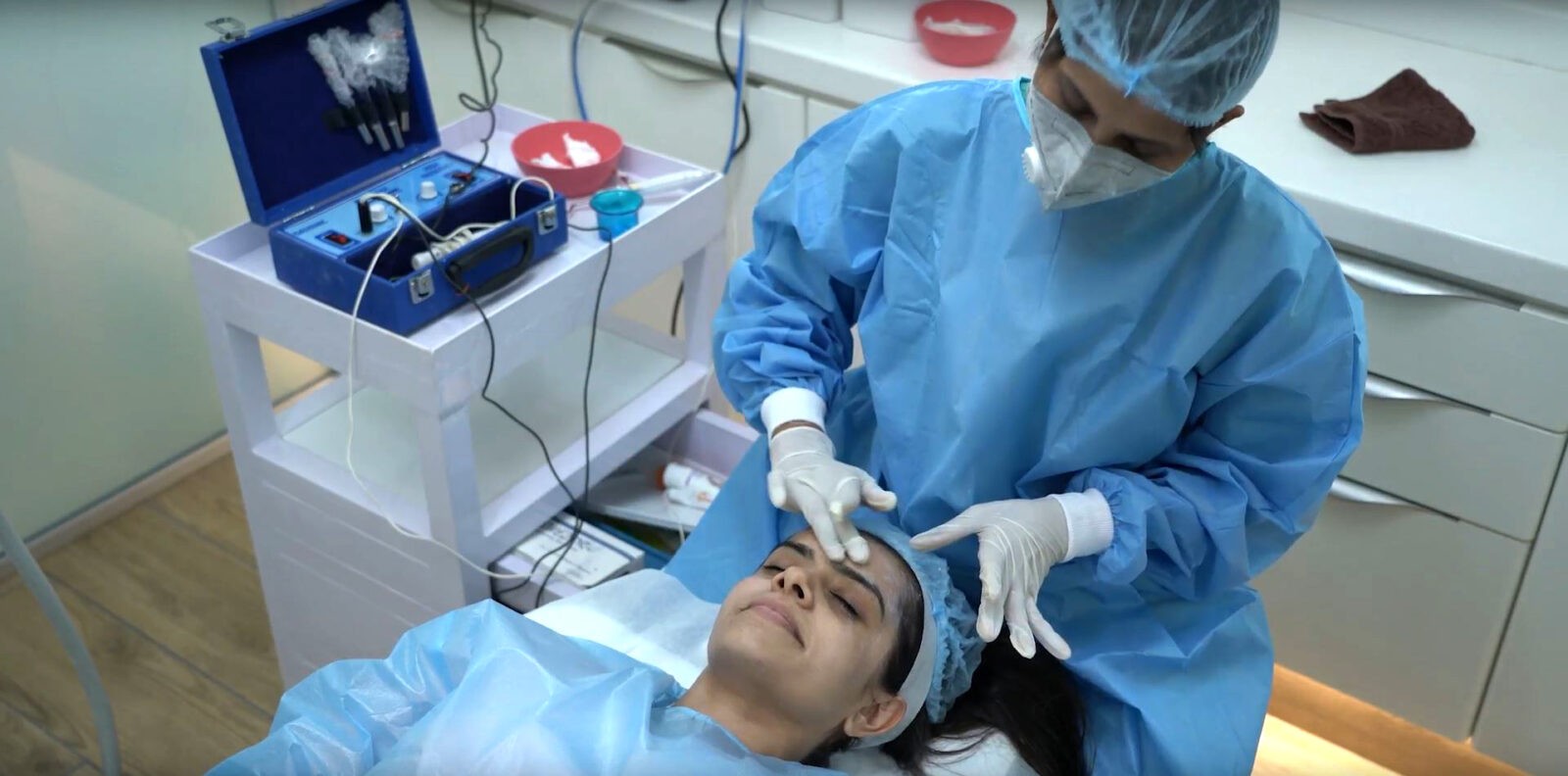
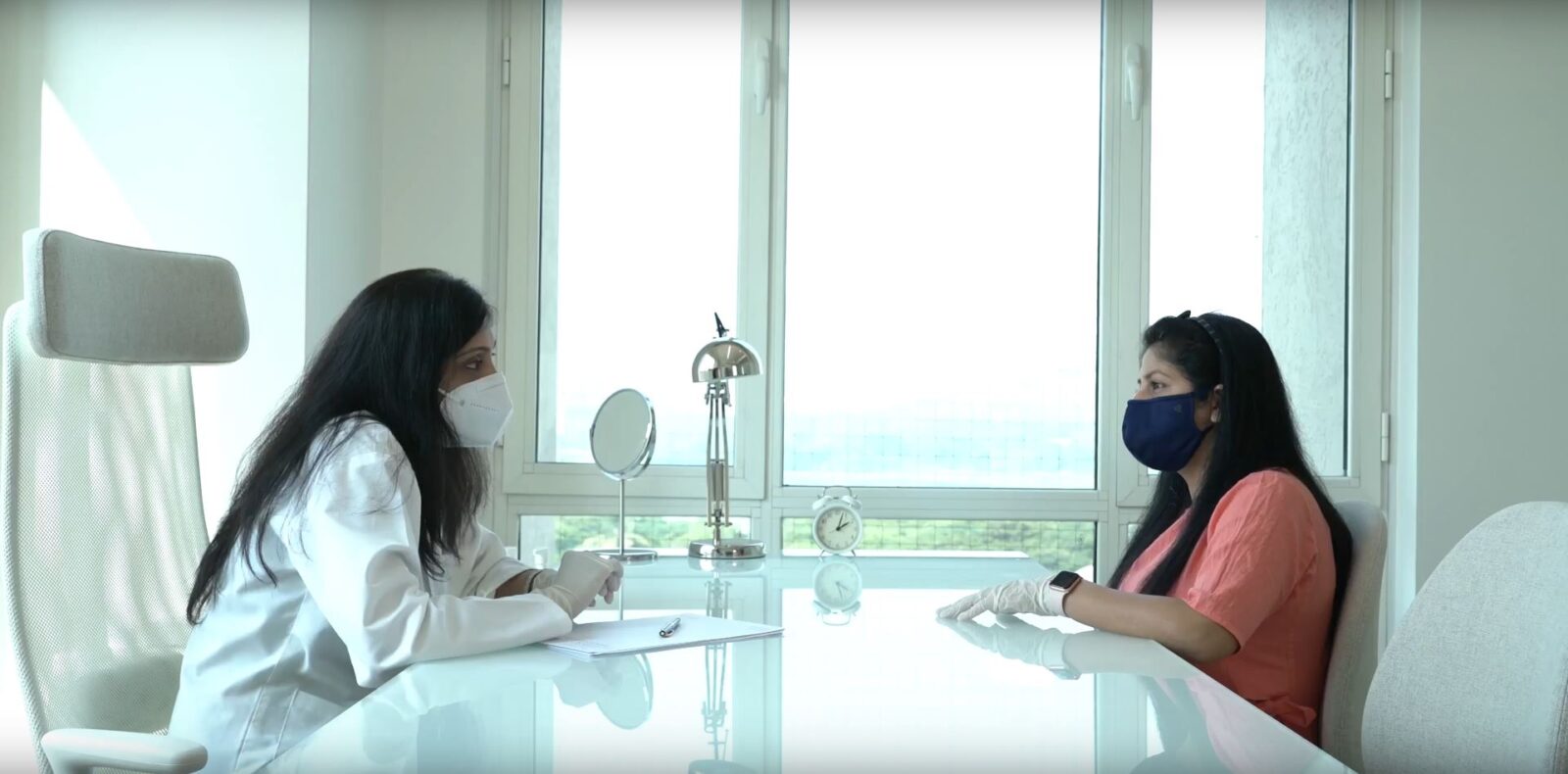

 Call us
Call us Book Appointment
Book Appointment Enquire
Enquire Location
Location




